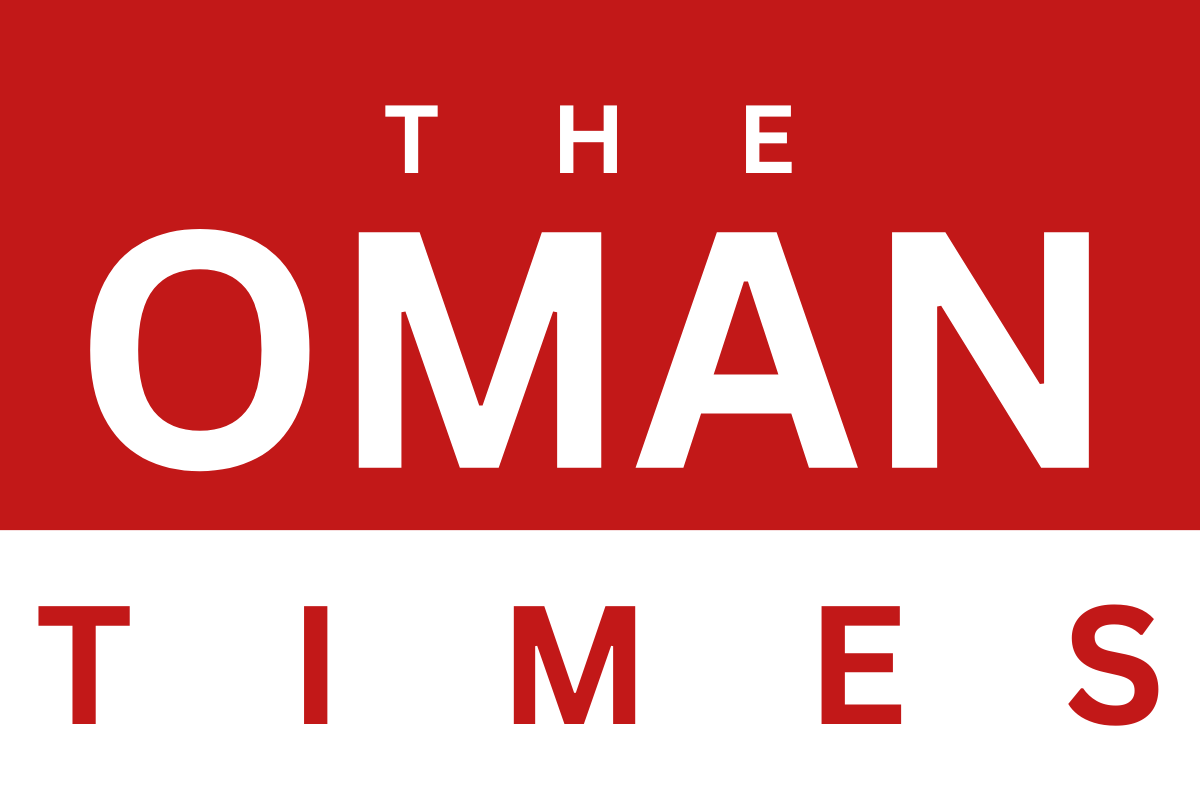The European Union’s unprecedented decision to name Israeli ministers Itamar Ben-Gvir and Bezalel Smotrich as targets for sanctions is a direct consequence of their controversial rhetoric and policies. Their prominent roles in the current government have become a focal point for international condemnation and have significantly contributed to Israel’s diplomatic isolation.
Since taking office, both ministers have been associated with hardline positions on the Palestinians, advocacy for massive settlement expansion, and inflammatory statements that have alarmed European diplomats. The EU sees them not just as politicians with whom they disagree, but as active obstacles to peace and stability.
EU officials explicitly linked the “new momentum” for sanctions to the activities “spearheaded by Ben-Gvir and Smotrich,” particularly in the West Bank. Their influence over national security and finance has allowed them to translate their far-right ideology into official state policy, which the EU is now attempting to counter directly.
By sanctioning them personally, the EU is sending a message that it considers these individuals to be outside the pale of acceptable political conduct for a partner nation. It is a highly personalized rebuke aimed at delegitimizing their brand of politics on the international stage.
This focus on Ben-Gvir and Smotrich has, in some ways, made it easier for the EU to take action. It allows the bloc to frame its sanctions not as an attack on Israel itself, but as a stand against the extremist elements within its government. However, this distinction has been flatly rejected by Israeli officials, who see it as an attack on the entire democratically elected administration.

